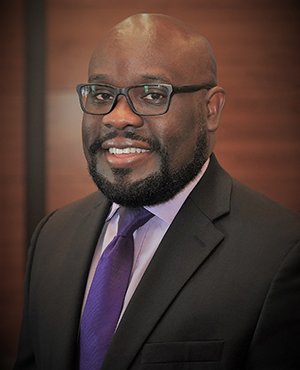There are about 37 million adults in the U.S. that are living with chronic kidney issues, but about 90 percent don’t know it.
You don’t usually see symptoms, said Dr. Ike Okwuwa, program director and associate professor of Family and Community Medicine at Texas Tech University Health Sciences Center. Kidneys filter your blood, remove waste, balance water and nutrients and release some hormones to help regulate blood pressure, produce red blood cells and help with bone health.
“It’s not just a filter. It does a lot of things,” Okwuwa said of kidneys.
“It’s a very, very important organ that I think it’s our duty to try to protect,” he added.
According to the Mayo Clinic website, “Signs and symptoms of kidney disease are often nonspecific. This means they can also be caused by other illnesses. Because your kidneys are able to make up for lost function, you might not develop signs and symptoms until irreversible damage has occurred.”
Fatigue, anemia, protein in the urine which can make it foamy and swollen legs are signs of the disease, Okwuwa said. But by that time, the disease has progressed “a little bit more.”
“A ton of people have CKD or chronic kidney disease and don’t know about it … It’s very easy to test these things in the blood. Every year you go see your doctor. They can do a blood test for you. It shows how much your kidneys are still filtering, so the function of your kidneys. They can even do a urine test. That would show if your kidneys are … leaking proteins,” Okwuwa said.
He added that the two most common causes of chronic kidney issues in the United States are diabetes and high blood pressure. Obesity can also be a risk factor. It’s recommended that people exercise 150 minutes a week, or about 30 minutes a day five days a week.
Controlling your high blood pressure, diabetes, salt intake, watching your diet, eating plenty of fruits and vegetables, quit smoking and staying hydrated and asking your doctor about any medications you might be taking that could impact your kidneys also helps.
Sometimes doctors may need to reduce the dose of some medications.
“It’s going to have to be that good relationship between your doctor and (yourself) and watching,” Okwuwa said.
If your primary care doctor thinks you need to see a nephrologist (a kidney doctor), they can refer you.
Should the disease progress too far, it’s dialysis or a kidney transplant.
Kidney function is going to decline with age, starting at about age 60, he said. If you have a family history of kidney disease, it puts you more at risk.
If the kidneys are damaged, it increases the risk of heart attack and stroke. It also affects bone health.




